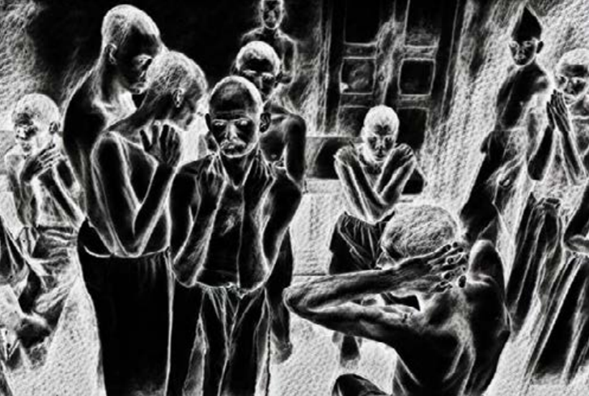Circunstancias latinoamericanas para una filosofía afirmativa
Palabras clave:
Pensamiento latinoamericano, Asuntiva, Afirmativa, Identidad.Resumen
En este texto se busca rastrear algunos de los inicios del proceso que se adelantó en la constitución de una filosofía que responda a una identidad propia del contexto latinoamericano. Dicho rastreo nos llevará a recabar posturas de algunos autores, tales como Rodo, Sarmiento y Alberdi para posteriormente analizar diferentes respuestas que se dieran en su momento, a saber, finales del siglo XIX y comienzos del XX respecto de las maneras en que se debería proceder desde América Latina en aras de ese proyecto de pensamiento. Finalizamos haciendo énfasis en una postura afirmativa llevada a cabo por el filósofo dispuesto a desarrollar su trabajo con los pies en el barro.
Referencias
Argote, G. M. (1993). ¿Qué es eso de Filosofía Latinoamericana?. Bogotá: El Buho.
Beorlegui, C. (2010). Historia del pensamiento filosófico latinoamericano.
Una búsqueda incesante de la identidad. Bilbao: Universidad de Deusto.
Herceg, J. S. (2012). ¿Qué se dice cuando se dice filosofía latinoamericana? Revista de filosofía, 65-78.
Jiménez, R. V. (1999). La filosofía de Krause y su influencia: Nuevas perspectivas para el estudio del Krausismo en América Latina.
Universitas Philosophica, 139 - 179.
Leal, N. T. (2021). Historia de las ideas filosóficas: un método del filosofar latinoamericano, Cuadernos de filosofía latinoamericana, 42 (124).
Ortíz, G. P. (1999). Una experiencia con el pensamiento latinoamericano. Repertorio Americano, 64 - 71.
Palti, E. J. (2017). Oscar Terán y la filosofía latinoamericana. cuadernos de filosofía, 35 - 46.
Quesada, F. M. (1981). Proyecto y realización del filosofar latinoamericano. México: Fondo de Cultura económica.
Zúñiga, J. G. (2016). Recordando los hitos del pensamiento latinoamericano. Repertorio Americano, 415 - 424







